The banality of life under capitalism in The Matrix Resurrections (The Matrix 4), part 1
I recently listened to a summary of "Capital in the Twenty-First Century" and feel the Déjà vu to watched "The Matrix Resurrections" again. Piketty's controversial book delves into the historical analysis of wealth inequality and conclude statistically that the capital increase much faster that the economy or salaries(exclude those hefty CEO pay raise).
Visually, the first half of The Matrix Resurrections presents a dystopia dominated by corporate power and consumerism, raising questions about the nature of reality, identity, and liberation from capitalist systems. Those scenes where Neo work as game designers provoke me deeply and shows directly how capitalism is able to internalize and commodify everything you can think of, like natural resources, holidays and Valentine's day. Free resources like clean water and air are more like luxuries now since PFAS and exhaust from cars are everywhere.
Not unexpectedly, The director Lilly Wachowski Claims The Matrix series was Born Out Of “Rage At Capitalism”. Neo now works as a game designer for a top game company, MetaCortex.
It's always hard to get up in the morning everyday:
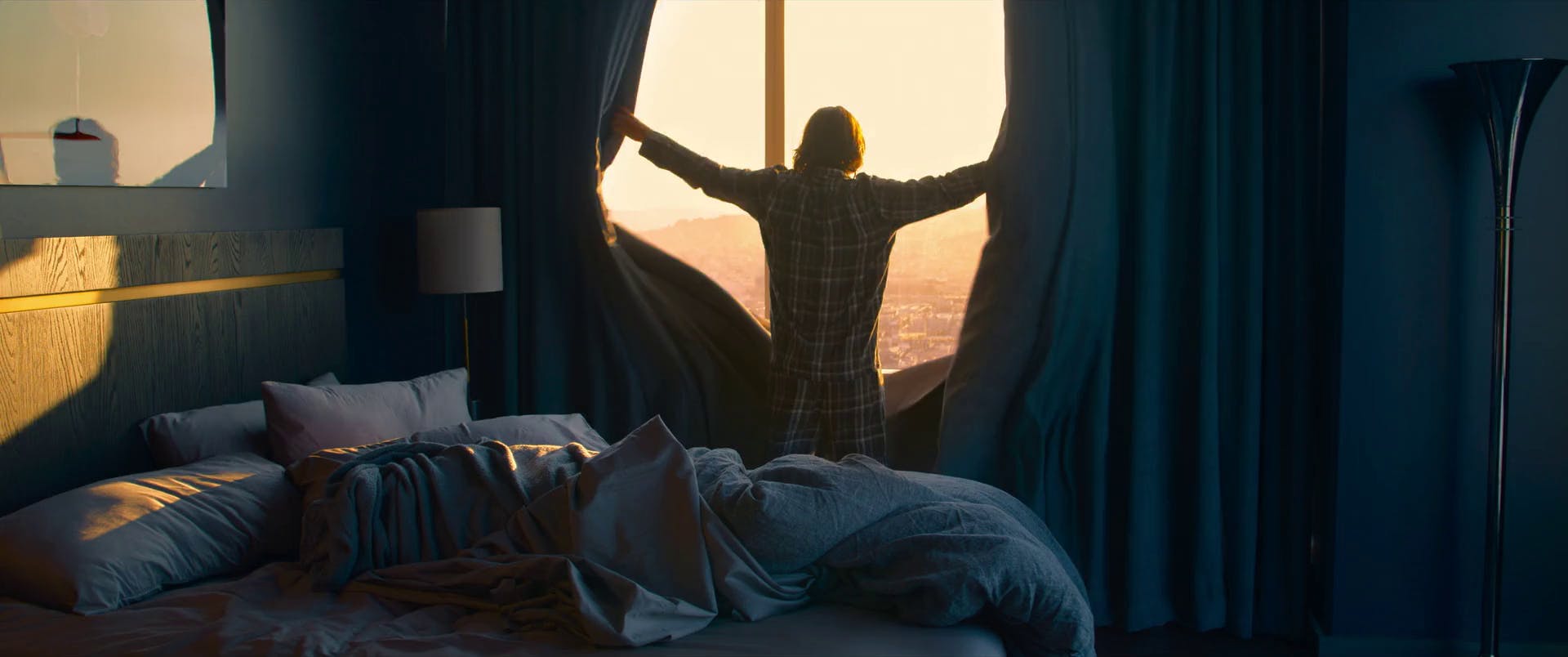
Looks like your dream office?
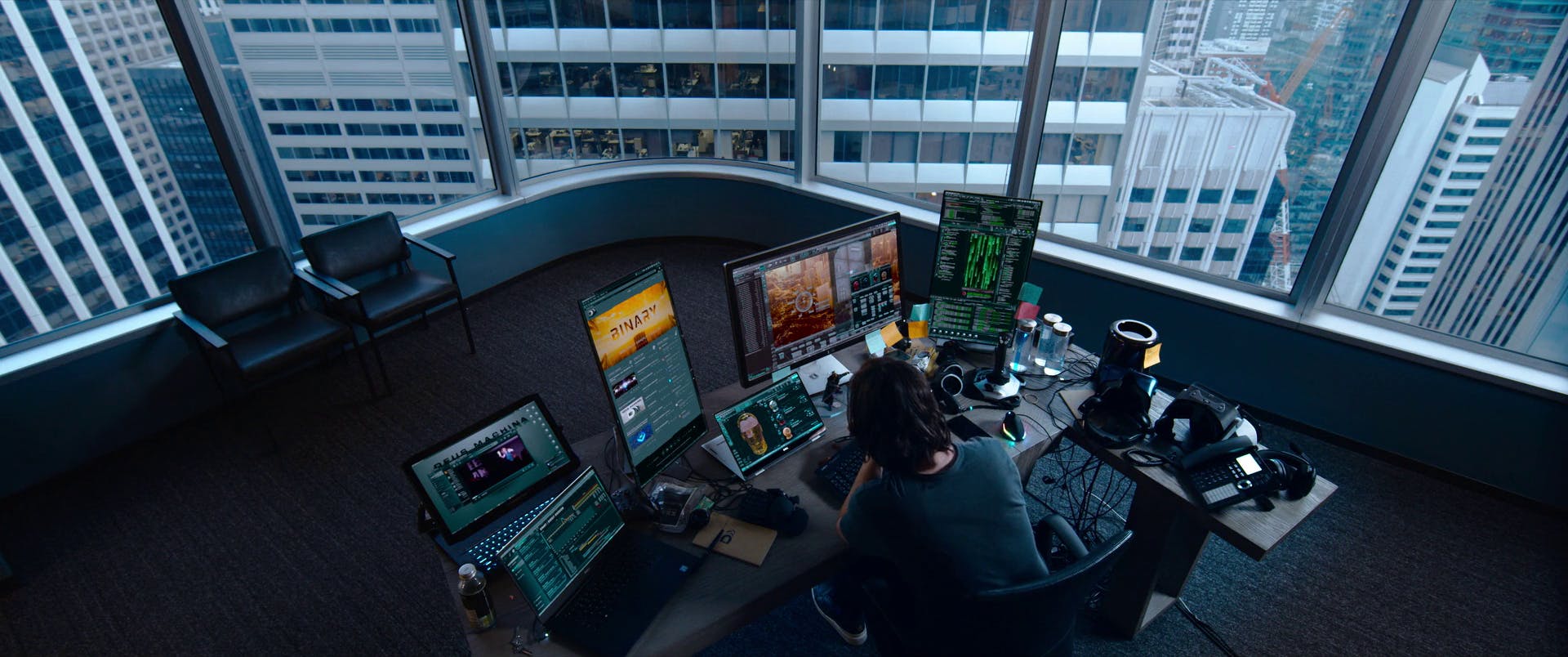
Despite his extraordinary capabilities in his professional career, Neo finds himself trapped in mundane routine, making him mentally sick, thus seeking help from the psychology consultant "The Analyst " which we will talk about in the next part.
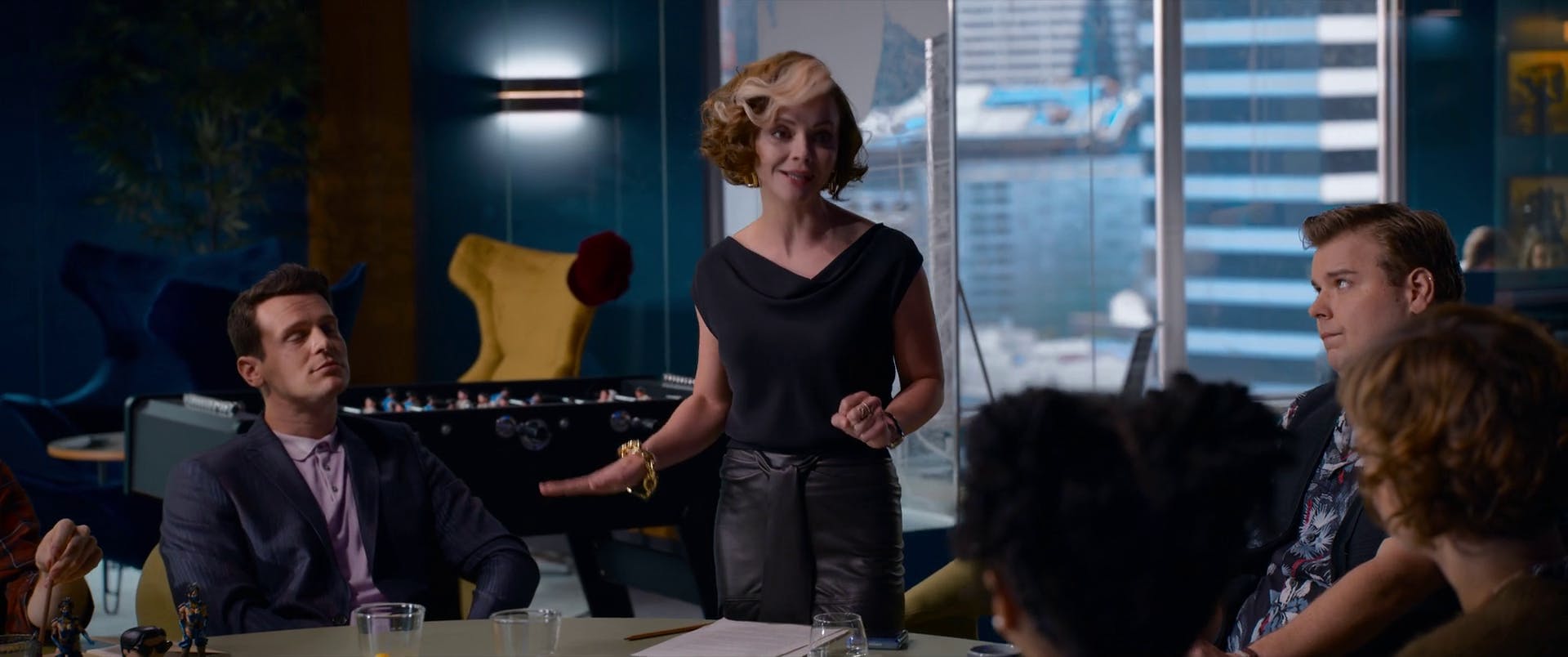
The conversations among Neo's colleagues about the latest Matrix game represent the commodification of creativity and the reduction of art to a mere product for consumption. Instead of engaging in meaningful discussions about the philosophical or artistic implications of their work, they focus on market trends, sales figures, and competition, reflecting the prioritization of profit over genuine artistic expression.
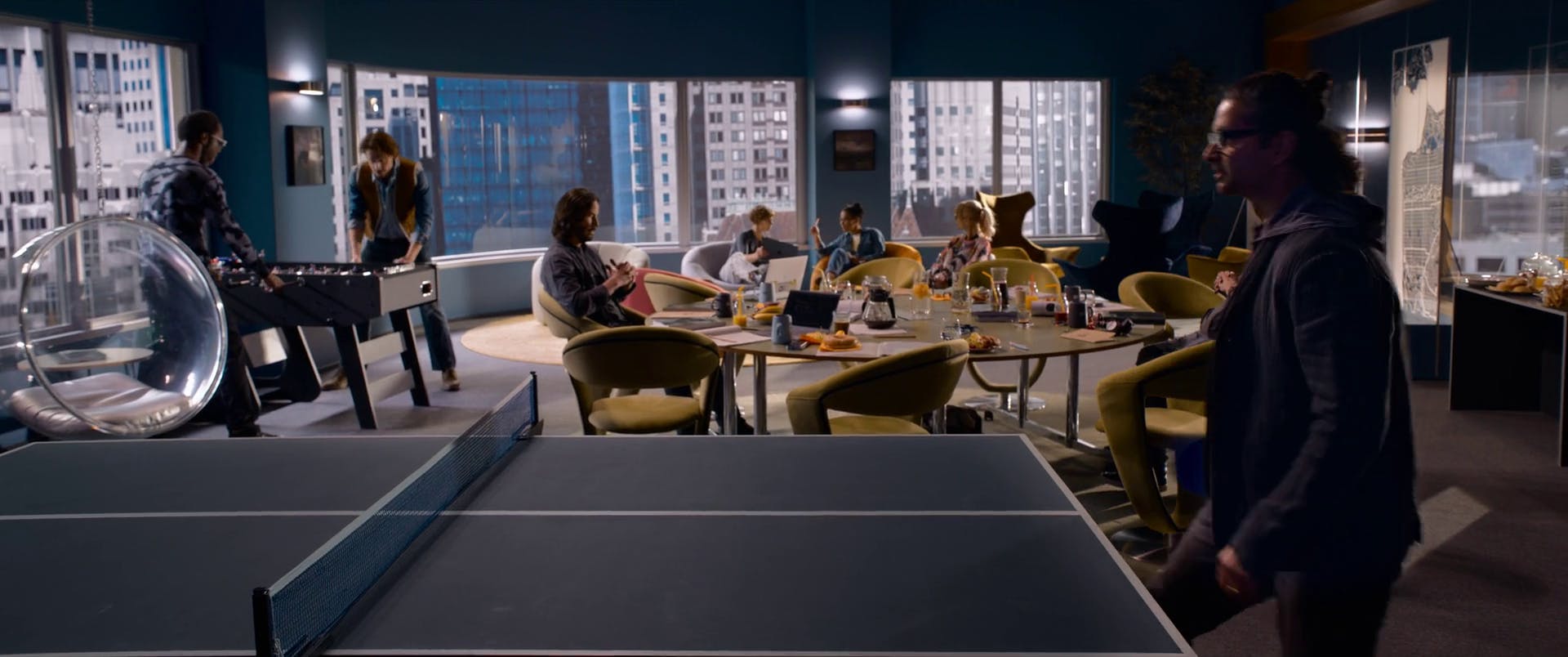
The scenes where Neo and his colleagues play leisure games in the office highlight the superficial distractions that capitalism offers to workers as a means of pacifying them and preventing deeper introspection or dissatisfaction. These escapism allows employees to momentarily forget the monotony of their work while reinforcing the status quo that you are still working. I still remember those pictures of dream office in Google:
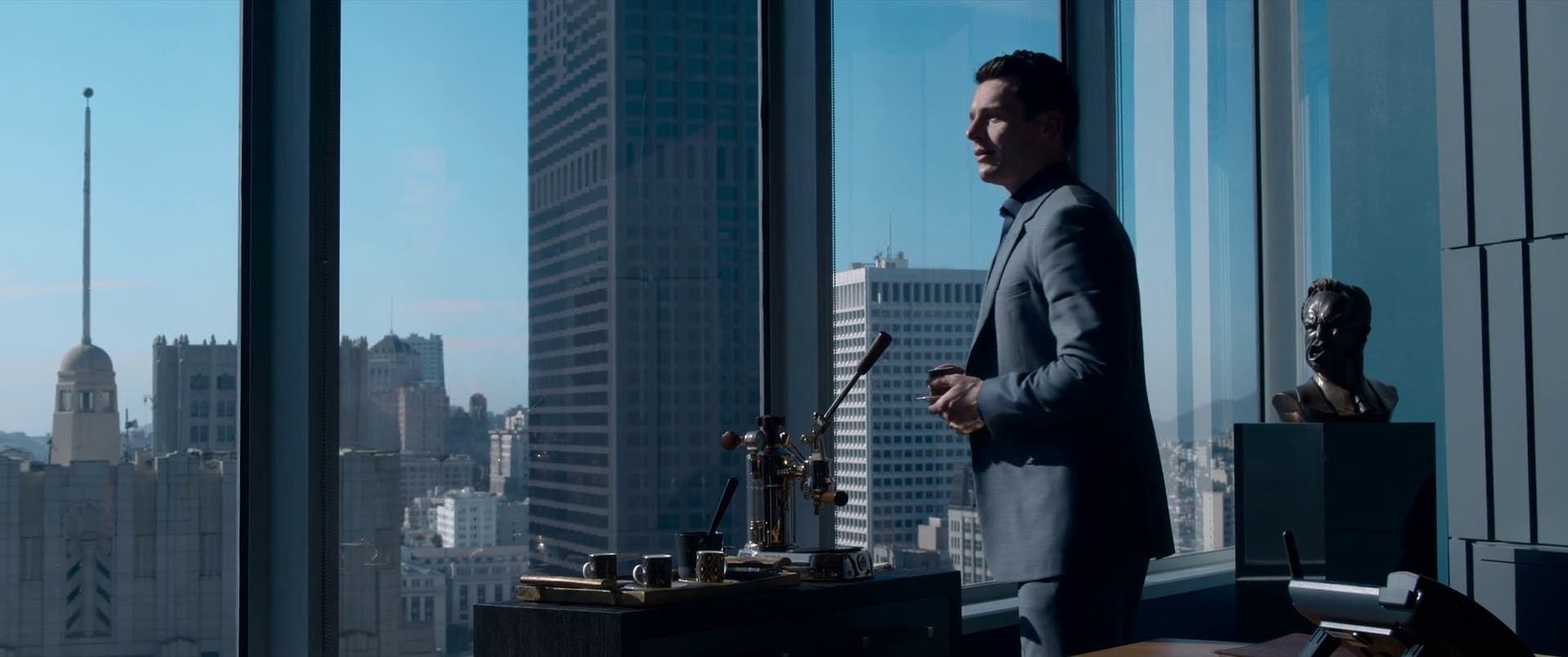
The archaic luxury hand pressed coffee machine depicts the ubiquitous presence of coffee in the workplace, symbolizes the reliance on stimulants and comforts to cope with the demands of productivity. Trying to build an artistic feeling by combining caffeine and red bricks?
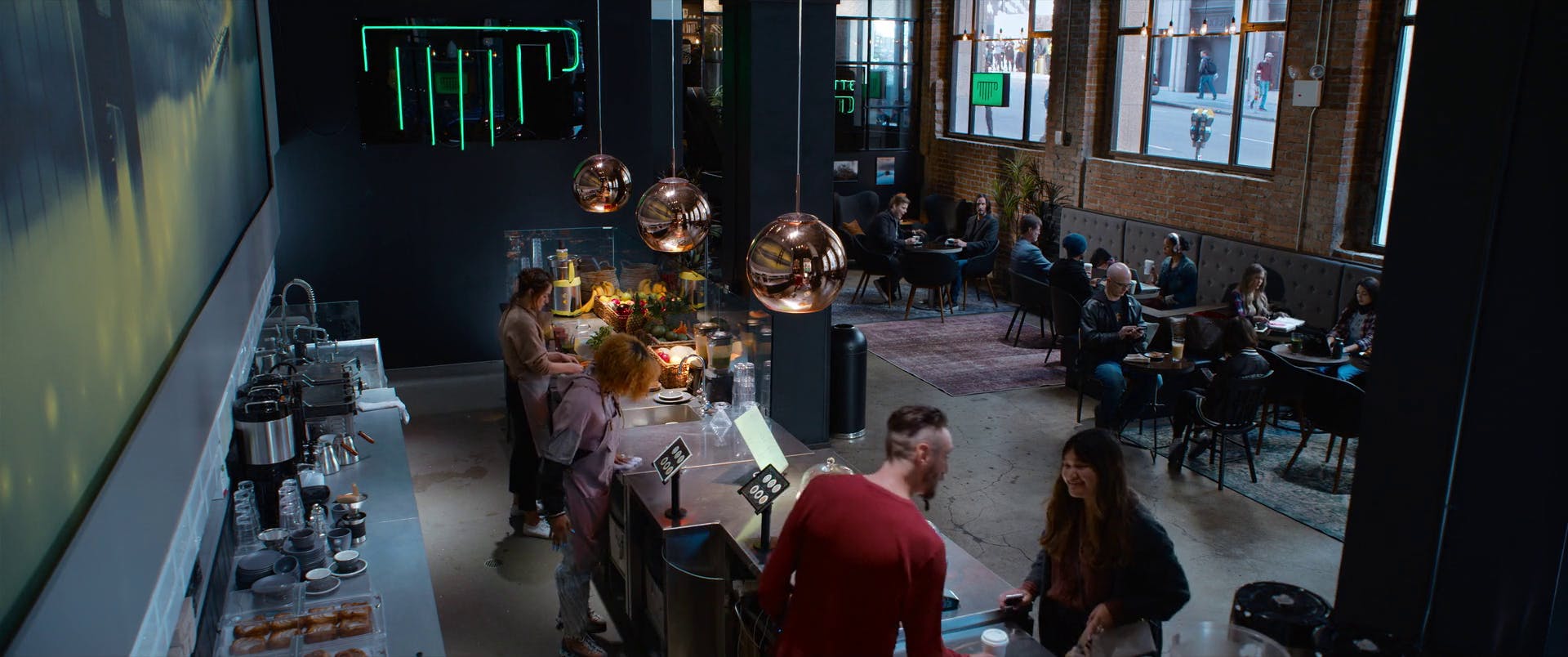
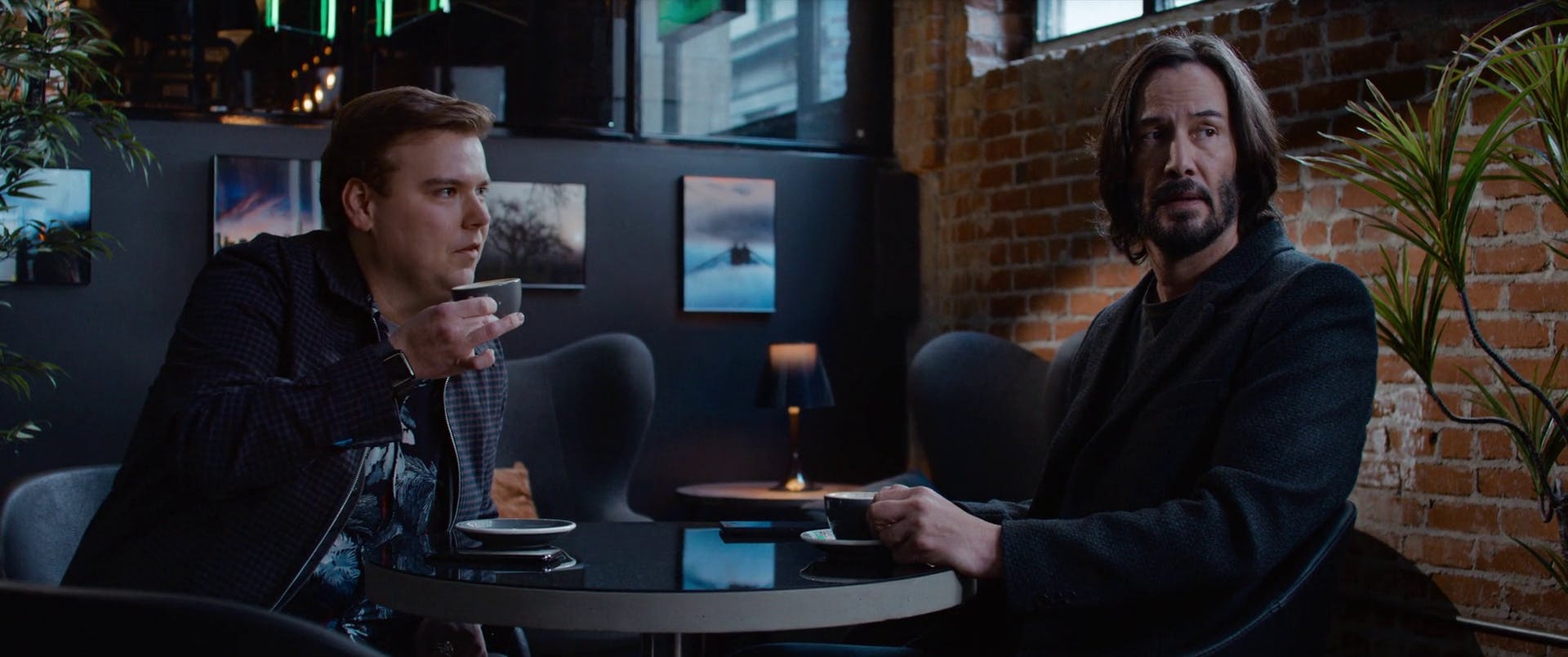
Coffee breaks, though ostensibly a moment of respite, ultimately serve to perpetuate the cycle of consumption and production, reinforcing the expectation of constant productivity and the normalization of overwork.
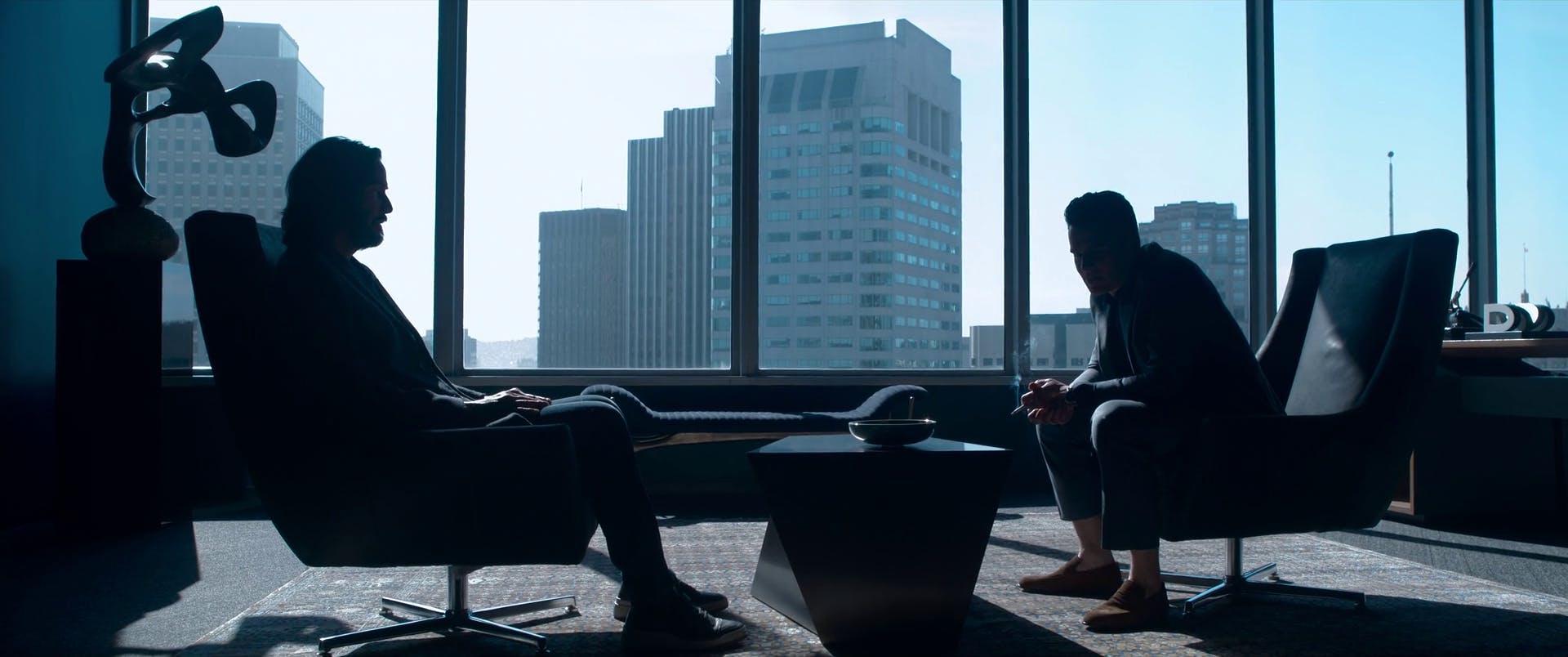
The scenes depicting Neo and his boss enjoying the view from skyscrapers underscore the illusion of success and prosperity perpetuated by capitalism. The impressive skyline and luxurious corporate offices create an illusion of achievement and progress, masking the underlying exploitation and inequality inherent in the system. The view serves as a distraction from the harsh realities of capitalism, perpetuating the myth of upward mobility, meritocracy.
"The Matrix Resurrections" illustrate how capitalism commodifies non tradable experiences, offering pleasures to maintain control and prevent individuals from questioning the underlying structures of power and exploitation. Despite moments of fleeting joy, the characters remain trapped in a cycle of banality, unable to awake from the capitalist system.
For now at least, we can stop buying non stick pans(I prefer ceramic pans), waterproof cloths made with Teflon(due to PFAS), and put priority of environmentalism over consumerism. Maybe also growing some vegetables at home?

